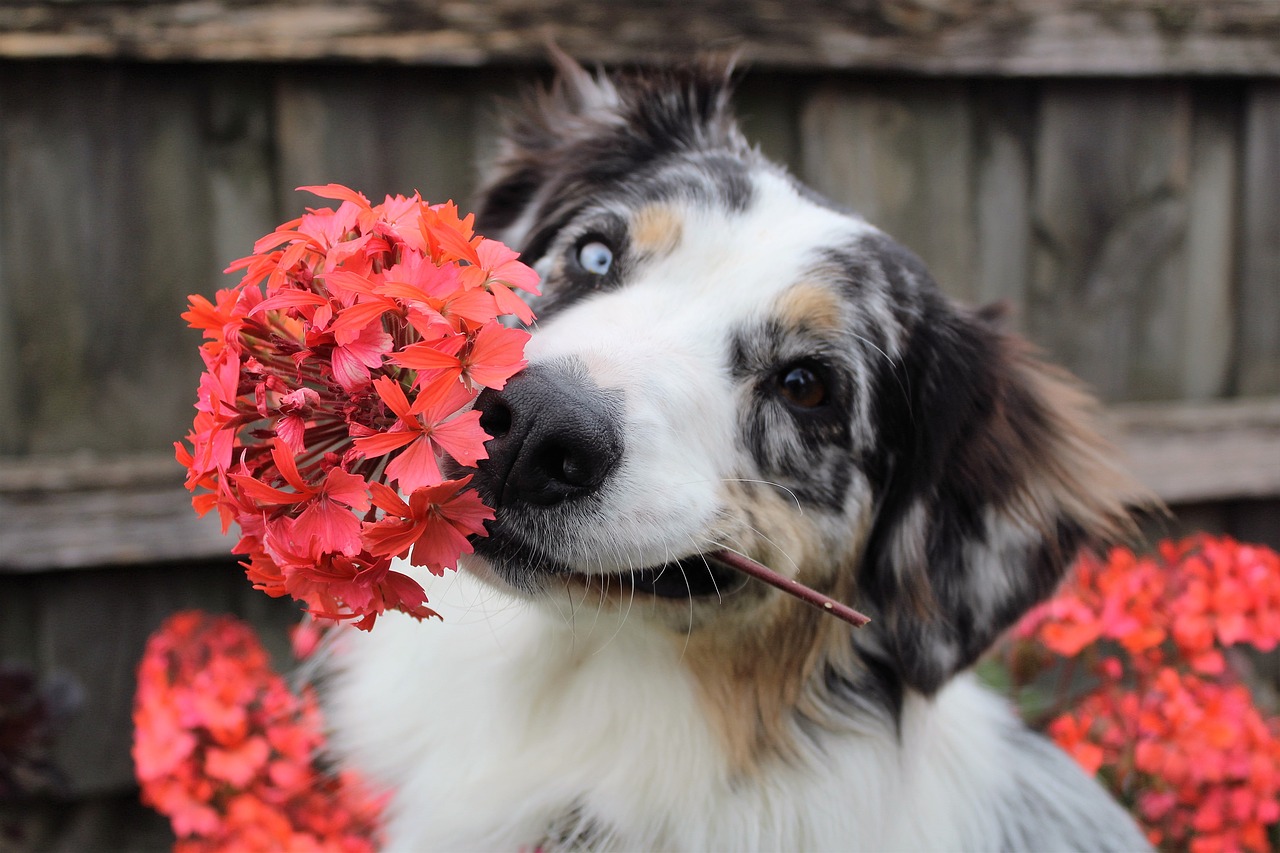The summer season has kicked off, and the heat is here! Despite the weather, your dog still needs exercise, and you still need to get them out and about. What can you do to keep your pet happy and healthy, avoiding heat stroke, dehydration, as well as nasty bugs? Preparation is key to prevention! Follow these easy safety tips to stay healthy and hydrated, both you and your pup, this summer hiking season.
Dog Trail Hiking Safety Tips
We’ve talked before about the safety measures you should use when you and your dog run trails, but a review of safety tips each year is a good idea! First and foremost, watch out for wildlife, especially snakes. Summer is their most active season, with dusk being their favorite time of day. Avoid letting your dog run into tall grasses or dig into piles of rocks, as these are snake hiding places. If your dog does encounter a snake, get them to a vet quickly to assess the damage and treat the wound.
When off-leash dog running, one of the safety tips to remember is to always keep a leash handy to rein in your pup in case of wildlife or unfriendly dogs along the way. Just like the dog park, trail etiquette dictates keeping un- or under-socialized dogs away. However, there are always dogs who react more intensely to other dogs than most. Being prepared to leash Fido can keep accidents from happening early on.
Summer Safety Equipment for Dog Walking
Remember that your dog’s pads are skin, and your shoes are rubber. Asphalt, especially fresh black asphalt, can reach upwards of 125 degrees Fahrenheit. On a really hot and sunny day, temperatures may climb even higher. Even when the sun’s not out, the asphalt of the roadway will remain heated for a period of time. Avoid taking your dog out in the mid-day, when temperatures are hottest and aim for dawn or dusk when temperatures are cooler.
Keep an eye on your dog’s paws, as pad burns can be severe and difficult to heal. While the skin of their paw pads has evolved over time to be very thick, it’s still just skin. Try walking your dog where there are soft or grassy surfaces for them to run along. You can also buy paw-protecting booties, which some dogs may not tolerate. If you notice your dog limping, licking their pads continuously, or refusing to walk, take them to the vet to have their pads looked at. Burns may not appear on the surface of the pad until several hours after exposure, due to the thickness of the skin.
Hydration Stations: Keep Your Dog Hydrated!
Always bring water with you on walks, even short ones. Your dog can overheat quickly, and the first and best treatment for the start of overheating is to cool off Fido and let him hydrate. If you notice your dog panting heavily, wobbling, or seeming weak or unsteady, stop in the shade and let them rest. The signs of dehydration in dogs are sunken eyes, dry nose and gums, as well as weakness and lack of energy. If after a few minutes of cooling off and hydrating your dog doesn’t seem to be getting better, head to the vet. It is recommended to stop and water your dog every hour or so when doing outdoor activities. Stop even more frequently if your dog has a heavy coat, as those dogs are prone to overheating.
If you’re walking near a stream, lake, or river, you can let your dog dive into the water to cool off. They’ll love the experience, and feel better after. Just remember to bring extra towels for the car ride home! Off Road Paws protip: keep a cooler in the car with chilled water for the ride home, for both you and your pooch. You’ll be surprised how much better you’ll both feel!
Summertime Bug Safety Tips
We talked about ticks, fleas, and heartworms recently, but that’s no reason not to cover it quickly! Protection is the key to keeping your dog or cat happy, healthy, and itch-free. Fleas and ticks can be repelled with topical or internal products, while most heartworm medicines are internal only. Always use a vet-recommended or vet-prescribed medicine, as commercially available medicines are not regulated well, and can have toxic side effects for your pet. Check your dog for fleas and ticks regularly, especially after prolonged outdoor activities in grasses or woods. Ticks and fleas spread diseases to your pets and your family, so keeping them out is recommended.
Heartworms spread through mosquitoes, so keep your house free of mosquito-breeding standing water. Not every mosquito is infected, but any may be. Preventatives are the best way to ensure your dog or cat won’t succumb to heartworm disease. When you’re out camping or spending time outside, try using mosquito-repellant candles or coils to keep the bugs away. Never apply a human-grade insect repellant on a pet, as they can be toxic to your pet- especially to a cat or small dog.
Staying Safe And Cool All Summer
Off Road Paws operates all year long in beautiful Colorado! Each season brings unique challenges, and we like to remind pet parents that we’re prepared for pretty much anything. Our staff are trained to recognize and treat a variety of emergency situations while on the road or trail, and even when visiting your home to care for your pet while you’re away. We’ve seen a lot, and we’ve got the stories to prove it. If you’re worried, give us a call and let us tell you about our safety training, our standard safety equipment, and even our standard walking protocols. Contact us today!
